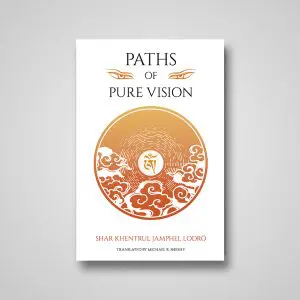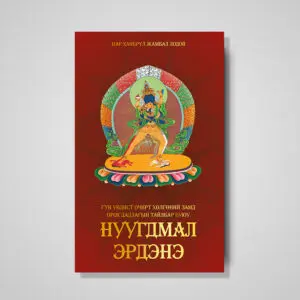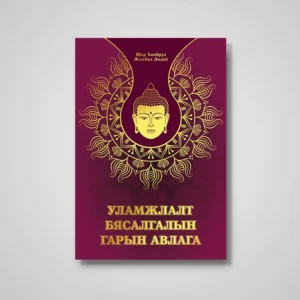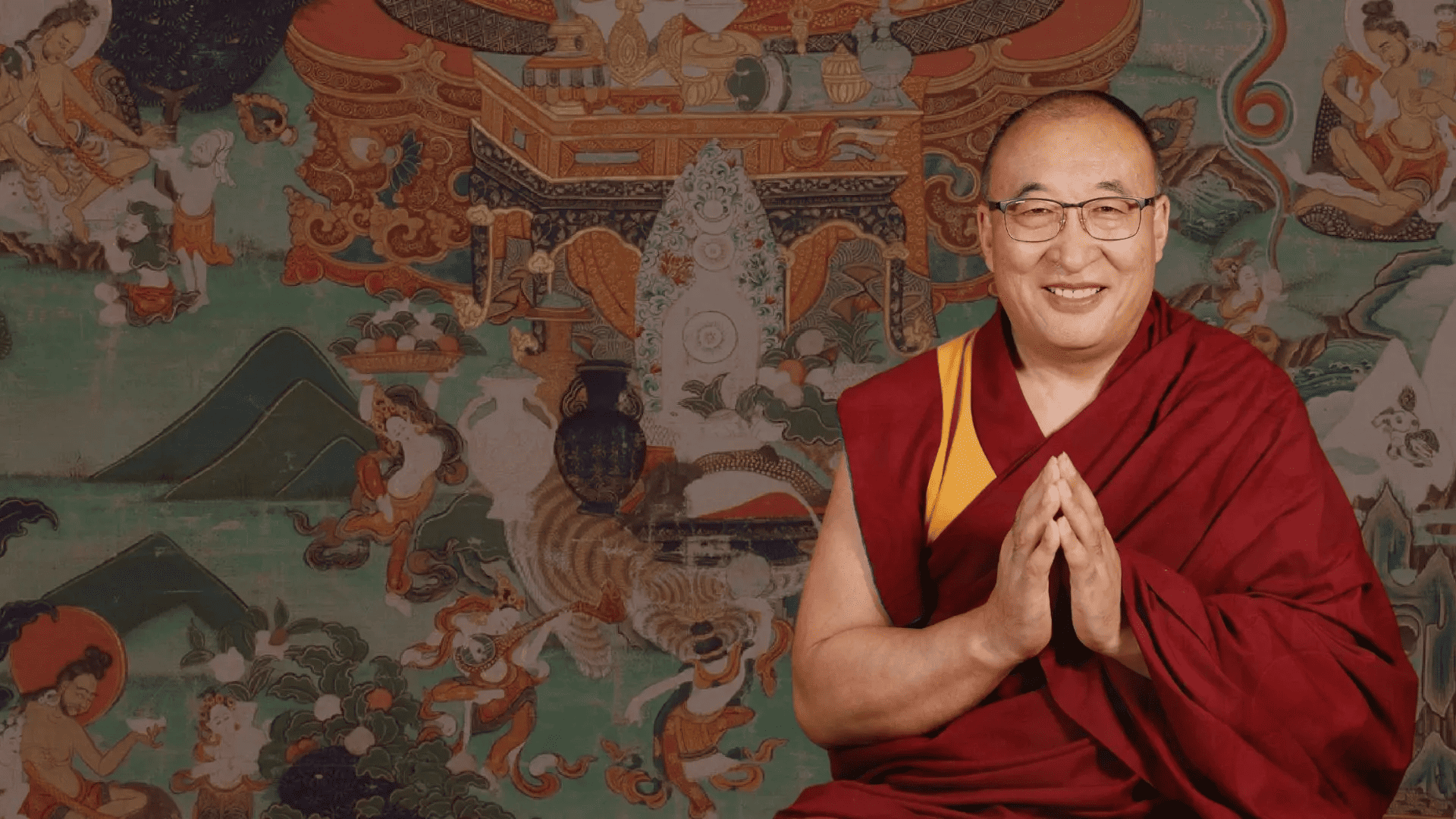A Dharmic Life
Check your true motivations and life priorities to see how Dharma fits inPrioritizing the Dharma in Your Life
Are your aspirations, dedication and expectations aligned?
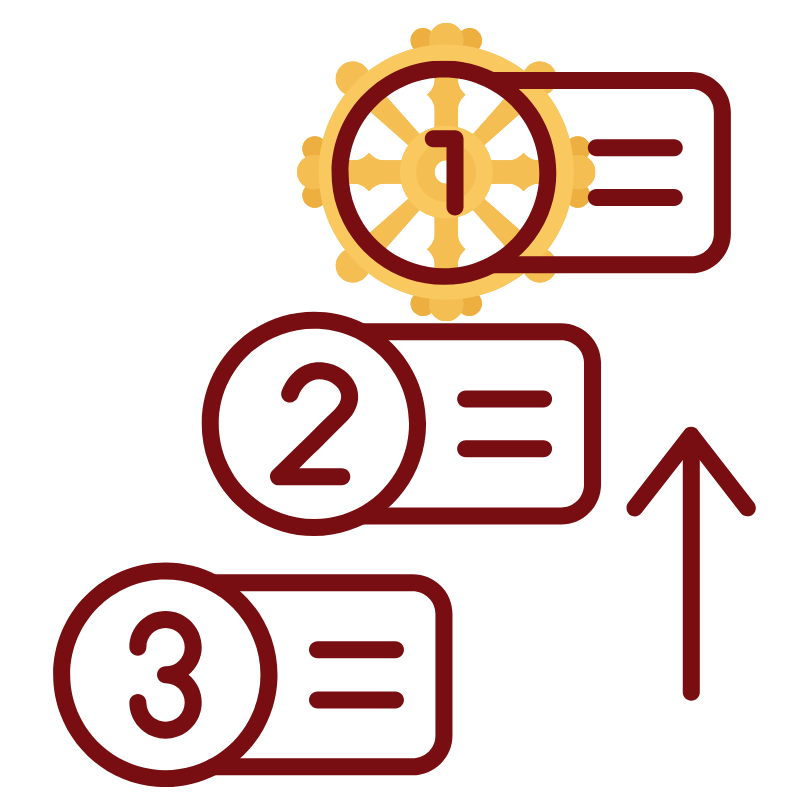
Most Buddhist practitioners aspire to reach enlightenment. For those on the Bodhisattva Path, enlightenment is the means to lead sentient beings out of samsara and endless suffering. Remember, the success of your Dharma practice is not just a matter of priority, but also a journey of personal growth and fulfillment.
You don’t need to practice at the maximum level. So, if your Dharma path and your expected results are not matched, you will suffer wondering why there are not more results due to mismatched expectations. It’s important to understand that if Dharma is not your number one priority, you cannot expect big accomplishments such as enlightenment in this lifetime.
The degree of benefit you receive from your Dharma path and your success depends on what kind of Dharma path you are taking.
Often, we have the problem of not matching our priority with our expectations of achievement on our Dharma path, resulting in disappointment or discouragement. If you do not understand your priorities or are unrealistic, you may give up easily. If you give up, then the consequences will be a terrible life and overwhelming death. However, even if that’s not the case, it is better not to have unrealistic expectations. At least if you are realistic, regardless of whether your Dharma practice is successful, you will have no regrets.
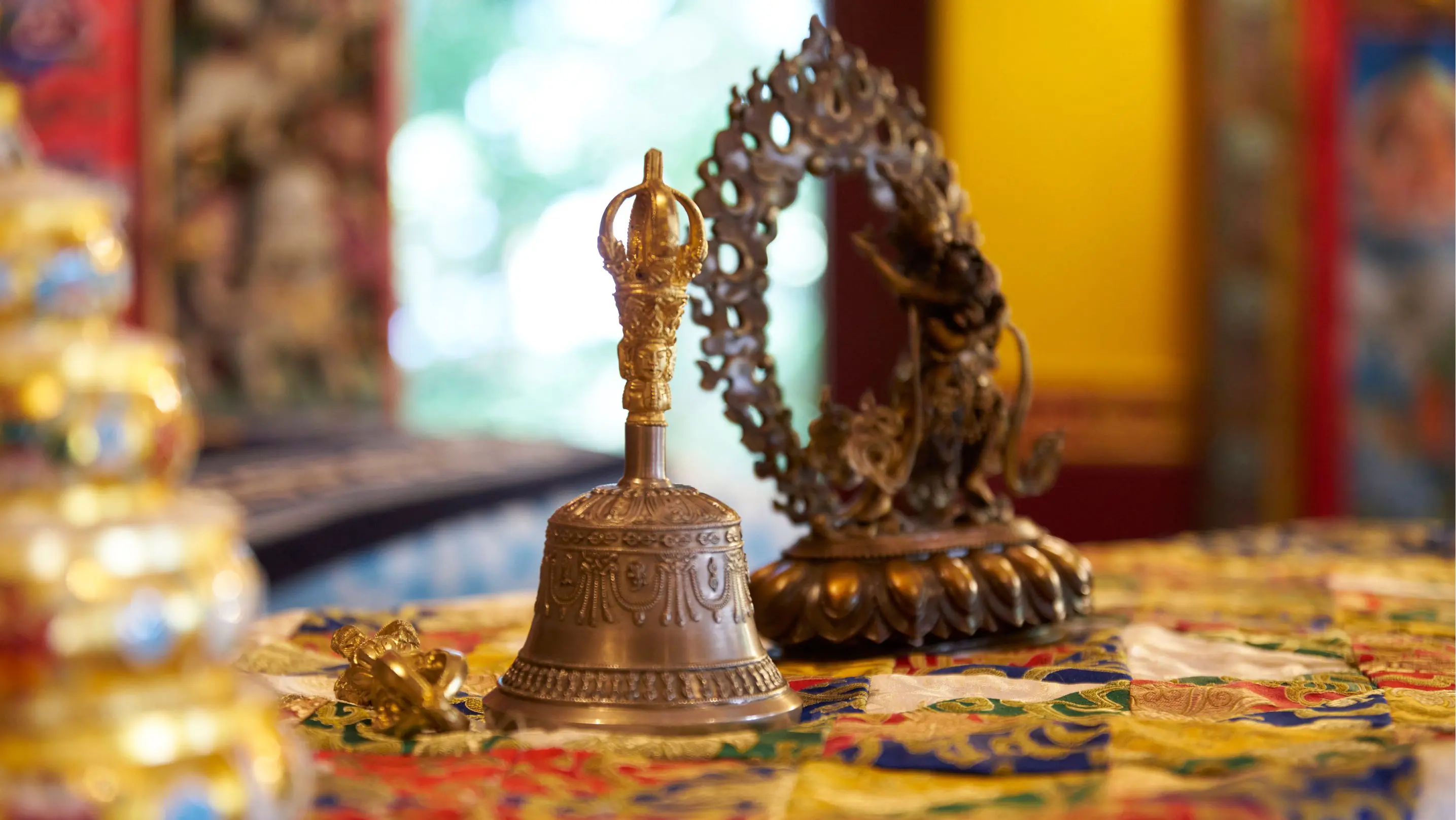
Reflect Honestly
Why are you really practicing Dharma?
This section is to help clarify so that you can match your priorities and expectations..
All Dharma practice means you are moving in the right direction.
Dharma practice means training your mind. Training your mind can be in the cave, but it can be with family, community, sangha, or even in a business; it can be anywhere. The key is to make sure that you find ways to integrate it into your life, so if you say, “Dharma is my number one life priority,” it reflects that. You don’t have to give up your life or make Dharma your number one life priority. You must be realistic and honest about your priorities and go from there. Once we know our priorities, we must check to see why we practice.
We all want to believe our motives are pure and the best possible. But that said, what we think about our practice and the reality may be different. So it’s essential to check to become aware of why we are practicing the Dharma. No matter why you have come to the Dharma, each reason still has some benefit, but as the motivations are different, the results are also different. Most people start off practicing Dharma for many of these reasons, so they are not bad as a spark or motivator. We need to figure out how to transition the reasons we found the Dharma into the true Dharma motivations to get the maximum results from our practice. The following list of possibilities is not in strict order.

Relieve Painful Circumstances
One common reason people find the Dharma or practice, is that they are experiencing a moment of pain-reliever Dharma. Did you suffer a job loss, illness, or bad breakup that led you to the Dharma? Do you practice when life is going well or only when things are hard? Even if this is your reason for practicing, you are still gaining some benefits because you found the Dharma. Try to practice when life is going well to find a deeper meaning. A fast way to get over dire circumstances for yourself is to focus on benefiting others. A fast way to prevent yourself from suffering in the future is to focus on benefiting others.
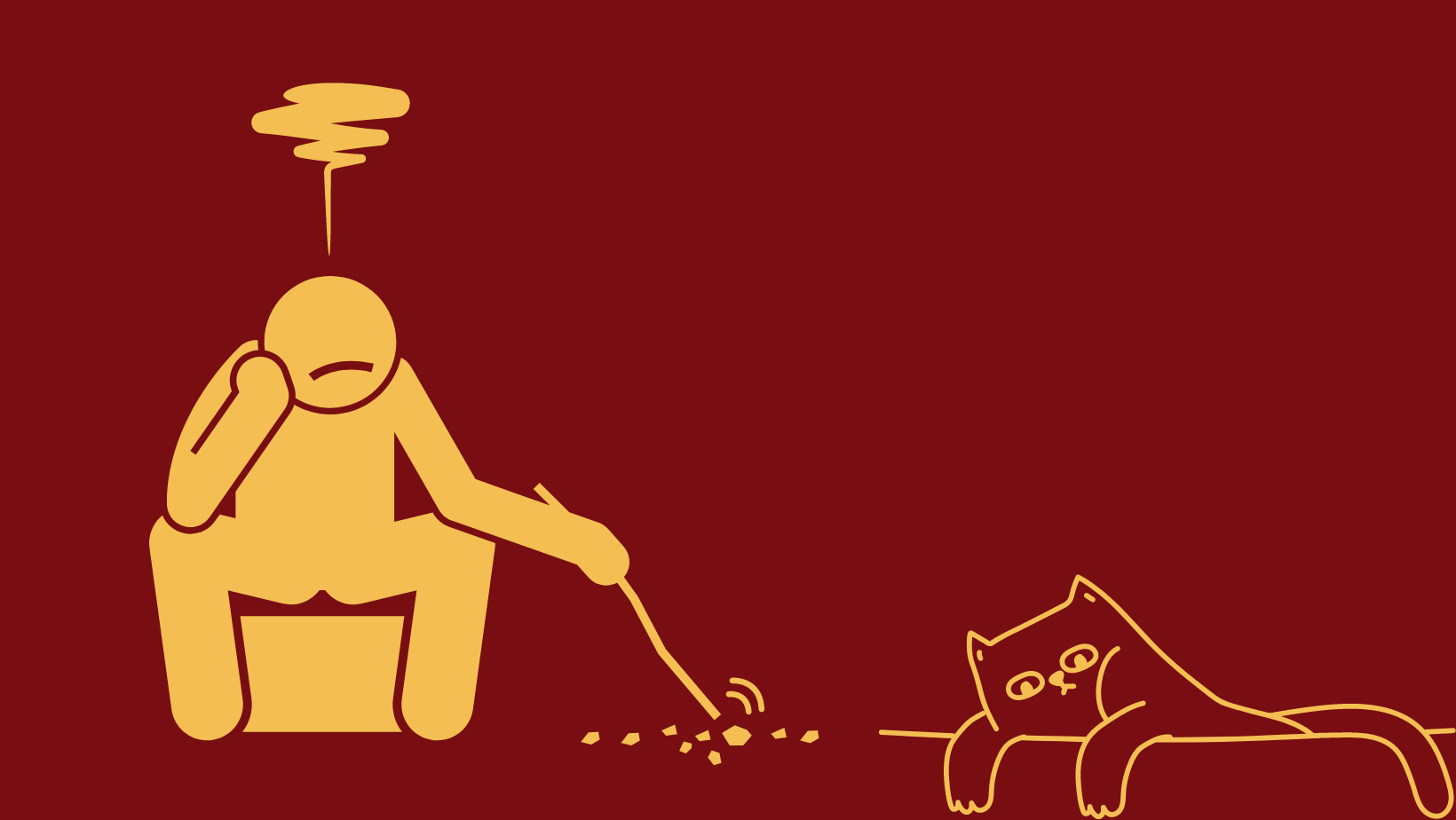
Cure for Boredom or a habit
Not sure what to do with life? Are you practicing Dharma because you have no life passions and need something to do? Are you practicing because it’s the cultural thing to do? Are all your friends and family doing it? Some of us grew up with Dharma and never thought too deeply about it. Obviously, you are still making good karma by practicing Dharma, but there is much more if you find a larger motivation than boredom or habit energy. If you realize you are practicing cultural Dharma, then take this time to conduct an analytical investigation to see if the cultural Dharma matches the actual Dharma.
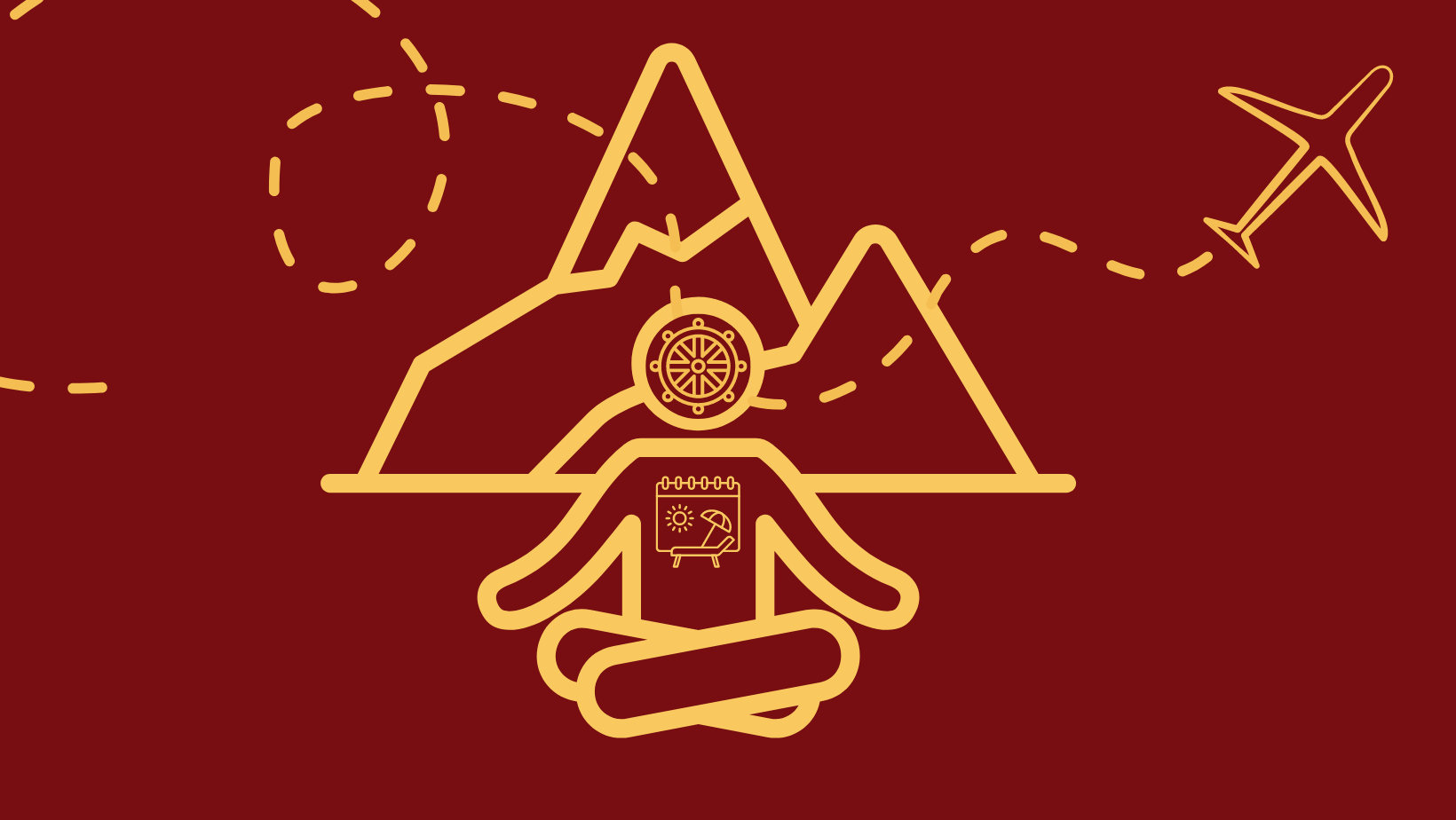
Taking a Holiday from Life
So many of us are exhausted by this modern world and want a break from work or life. So we find a meditation group and then a retreat or Dharma center to escape it all. If you can genuinely move your motive beyond the mundane stress reduction and mindfulness aspects, you create the opportunity to recognize your own true nature. To check if you are practicing Holiday Dharma, reflect on whether you need a fancy room at a retreat center or are willing to sleep on the floor and eat simple food just to have the chance to practice. The most powerful benefits of meditation and retreat don’t show up until the aspiration is beyond stress reduction.
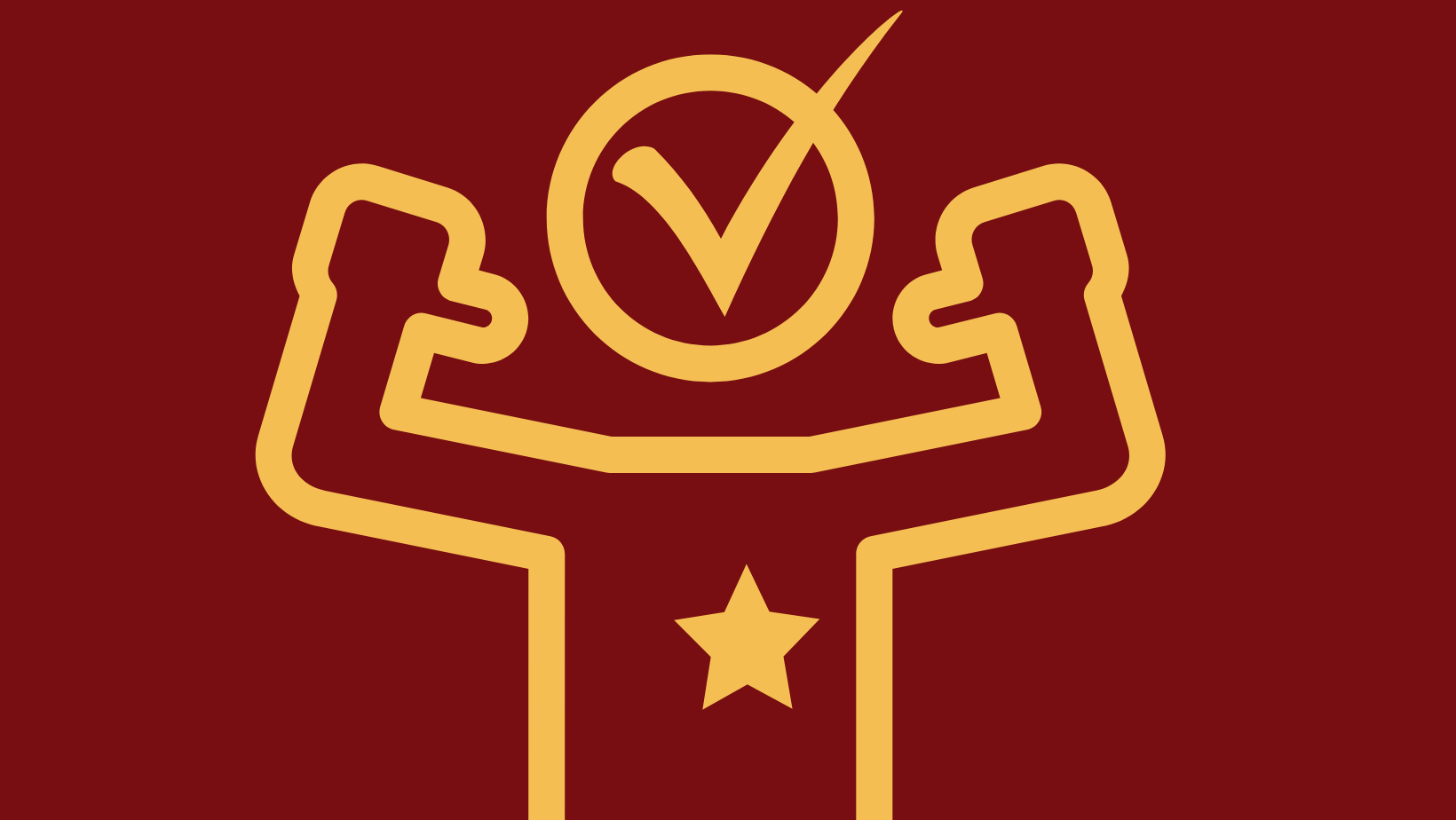
Feel Good Dharma
Many people practice Dharma for pleasure, to feel better about themselves, or to get the satisfaction of doing something good. We all like to do good things; this joy in doing good is a beneficial step on the path to the joyful effort of a Bodhisattva. Nothing is wrong with this, but if you practice mainly for your self-esteem and are attached to the result and not the intention, then you might be missing out on the infinite power of Bodhichitta. Power up your feel-good Dharma with the true selfless aspiration to help others without recognition or reward.
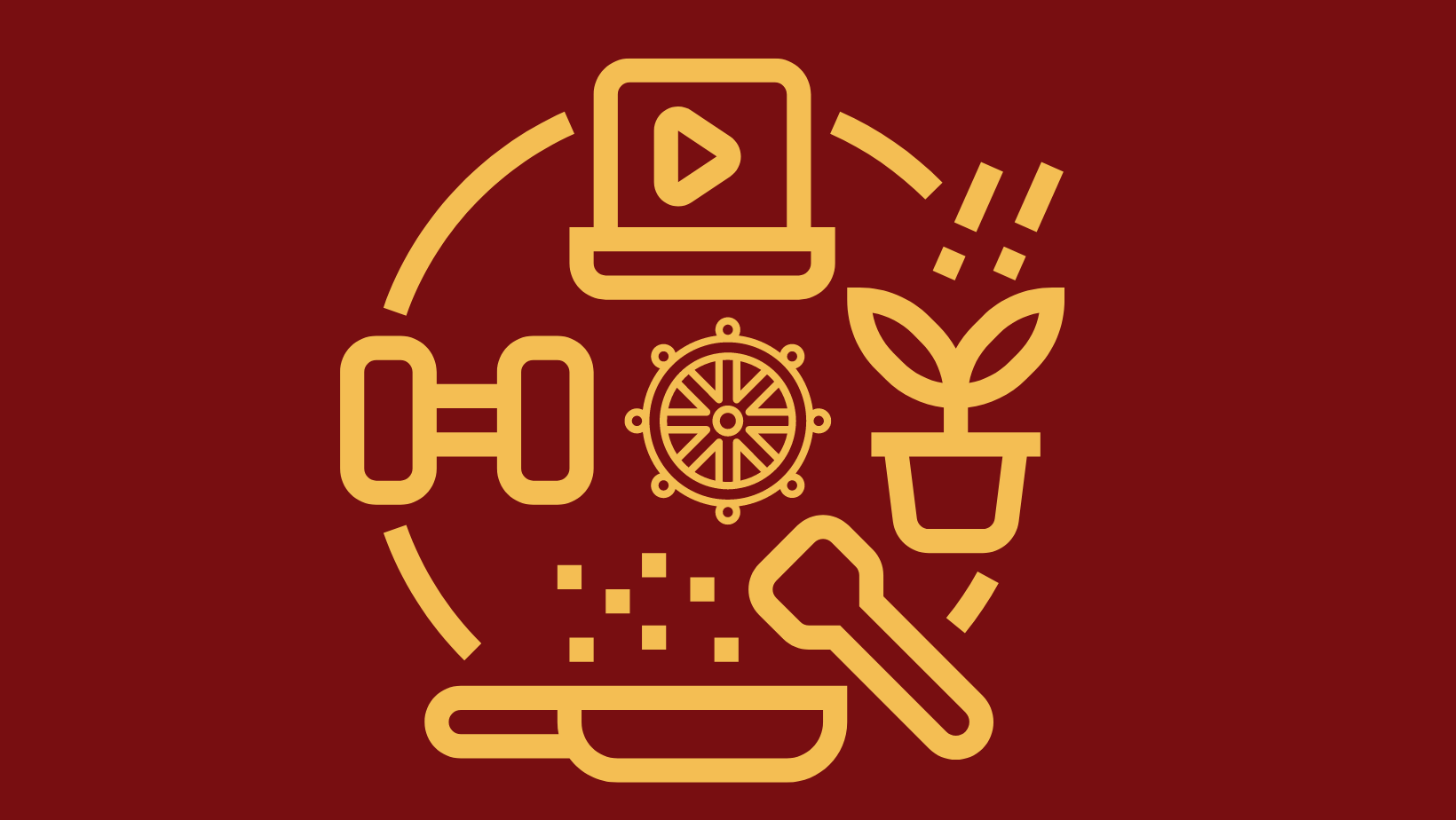
Hobby Dharma
Do you practice only when you feel like it and only in the areas you are interested in? Do you need to like to do the practice to be interested in doing it? If so, Dharma may have become your hobby. Rejoice! Dharma is a far better hobby to help with future life karmas than playing cards or betting on horse races. When you have started rearranging your life for the Dharma, taken jobs based on creating time and conditions for Dharma, and accepted to do things you don’t enjoy or like for the benefit of the Sangha and all sentient beings, then you can be assured your Dharma moved beyond a hobby.
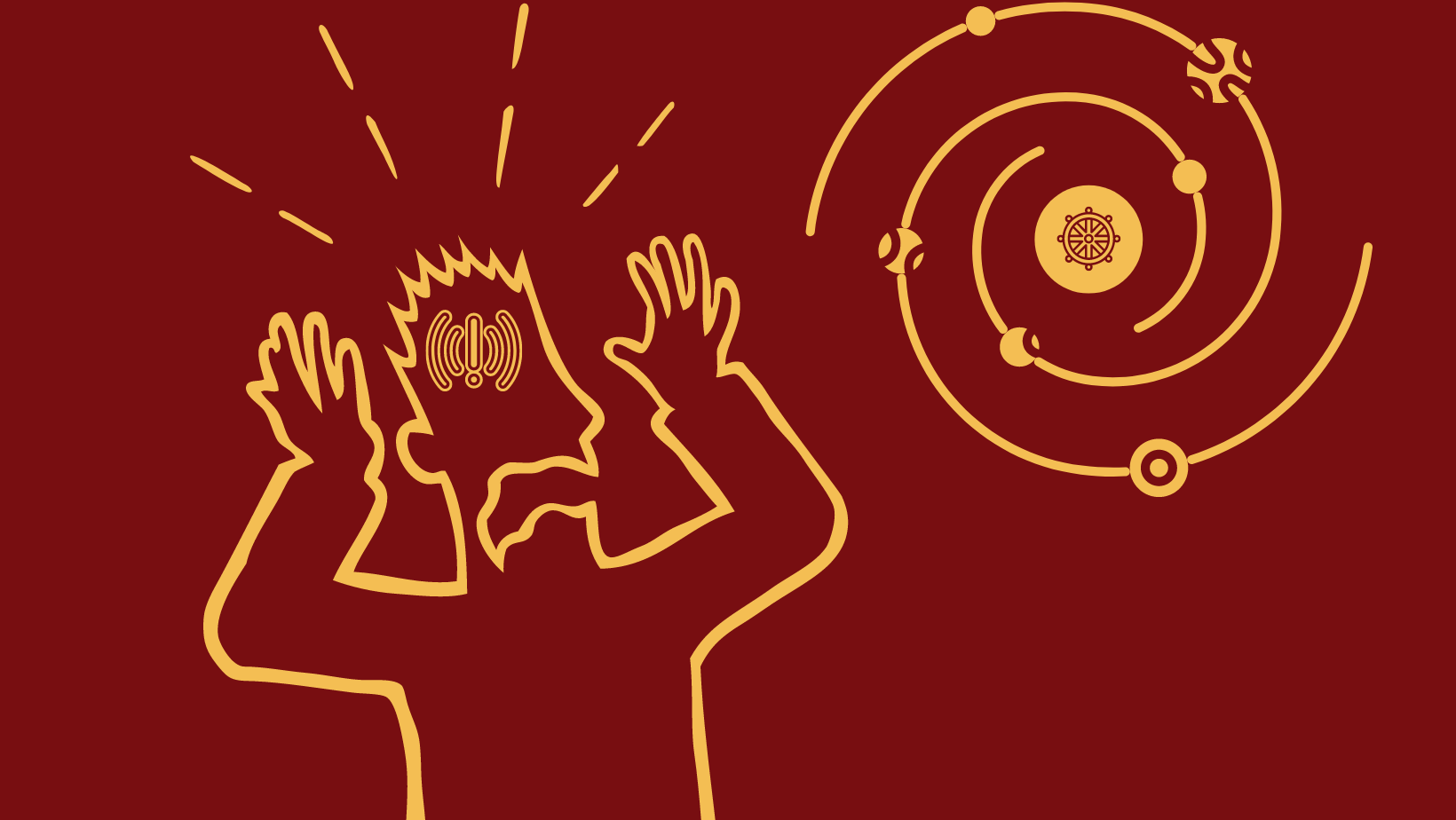
Heal your Existential Crisis
Why are we here? What is the meaning of life? What is my life’s purpose and what if i never find one? Dharma is excellent to help answer some of these pressing modern world issues. Many people in ancient times did not have the luxury to worry about these questions. They were living to survive. In our modern day we all have the luxury to think. Dharma can be a profound step towards finding meaning, connection and purpose in life. It’s really good news that we all have Buddha-nature and are undercover Buddha’s waiting to reveal ourselves. Existential crisis often arises out of extreme self-cherishing. The key is once you solved your own crisis to move on and helping liberate other sentient beings.
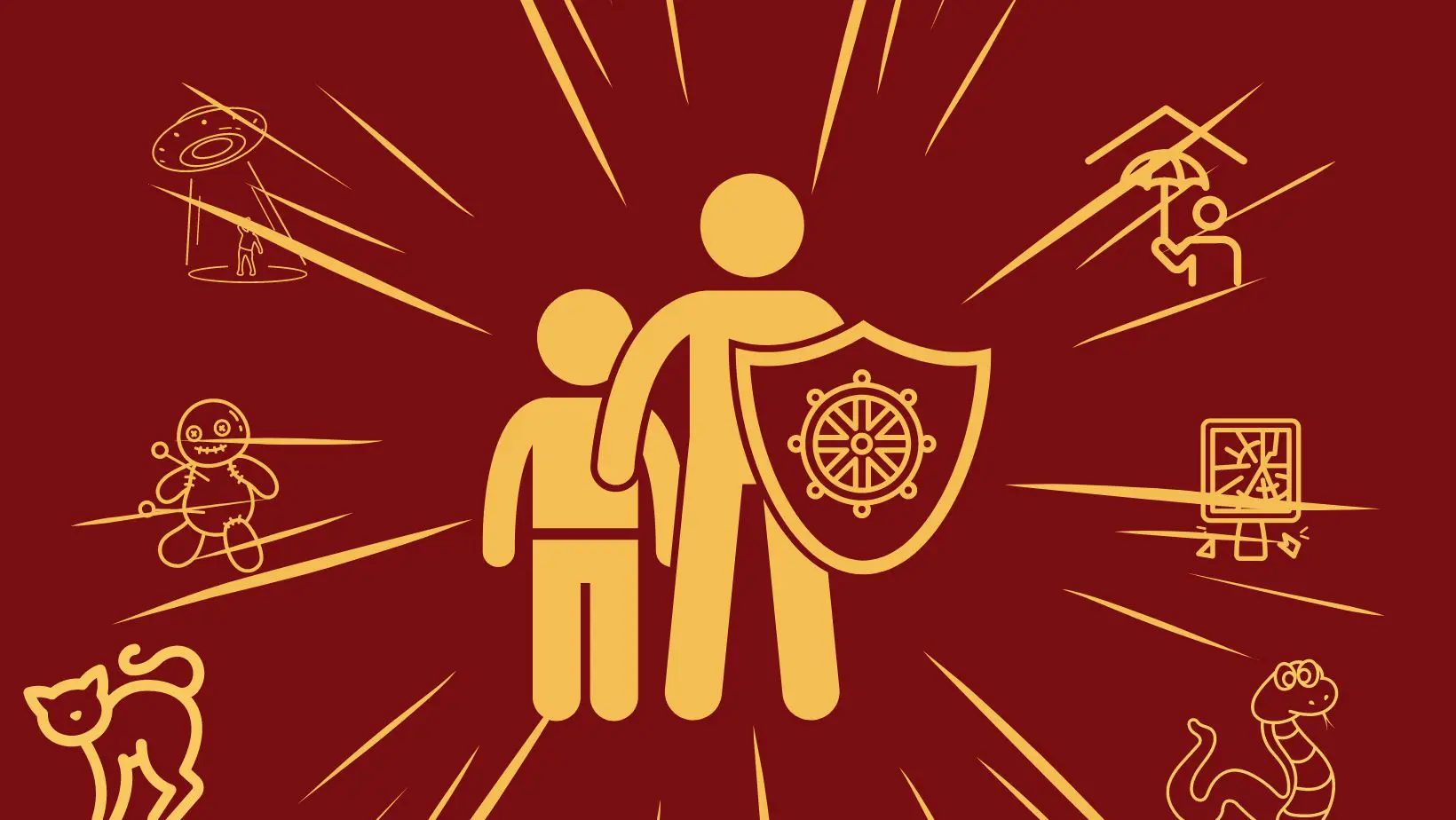
Alleviate Superstitions
Are you practicing Dharma to overcome your fears and superstitions in life? Definitely, the Dharma protectors can help you, but they can help you much more the deeper your authentic reasons are for practicing Dharma. The deities are here to help protect our path to liberation rather than just our worldly concerns. To truly overcome the demons in your mind and difficult karmic circumstances, you can use the powerful Dharma practices to pay off your Karmic debt. To be ultimately protected, you need to investigate thoroughly your own mind. You can do this step by step. Instead of being consumed by fear and worry, discover the true nature of fear and worry and uncover your true, limitless, fearless nature.

Ego-Enhancement Dharma
Almost everyone practices Dharma for ego enhancement or the Eight Worldly Concerns such as higher social status. We all want to be healthy, wealthy, live a long life, and be happy and well-regarded. This is normal in Samsara. Did you find Dharma through Medicine Buddha to heal yourself or a loved one or wealth practices of Dzambhala? This is an excellent opportunity to cultivate the aspirations that not only yourself but everyone experiences these benefits. For those on the tantra path you can work to transform these worldly concerns into Dharma concerns to benefit all sentient beings. Ultimately the Dharma is for all of our liberation and has greater rewards to offer beyond the ego.
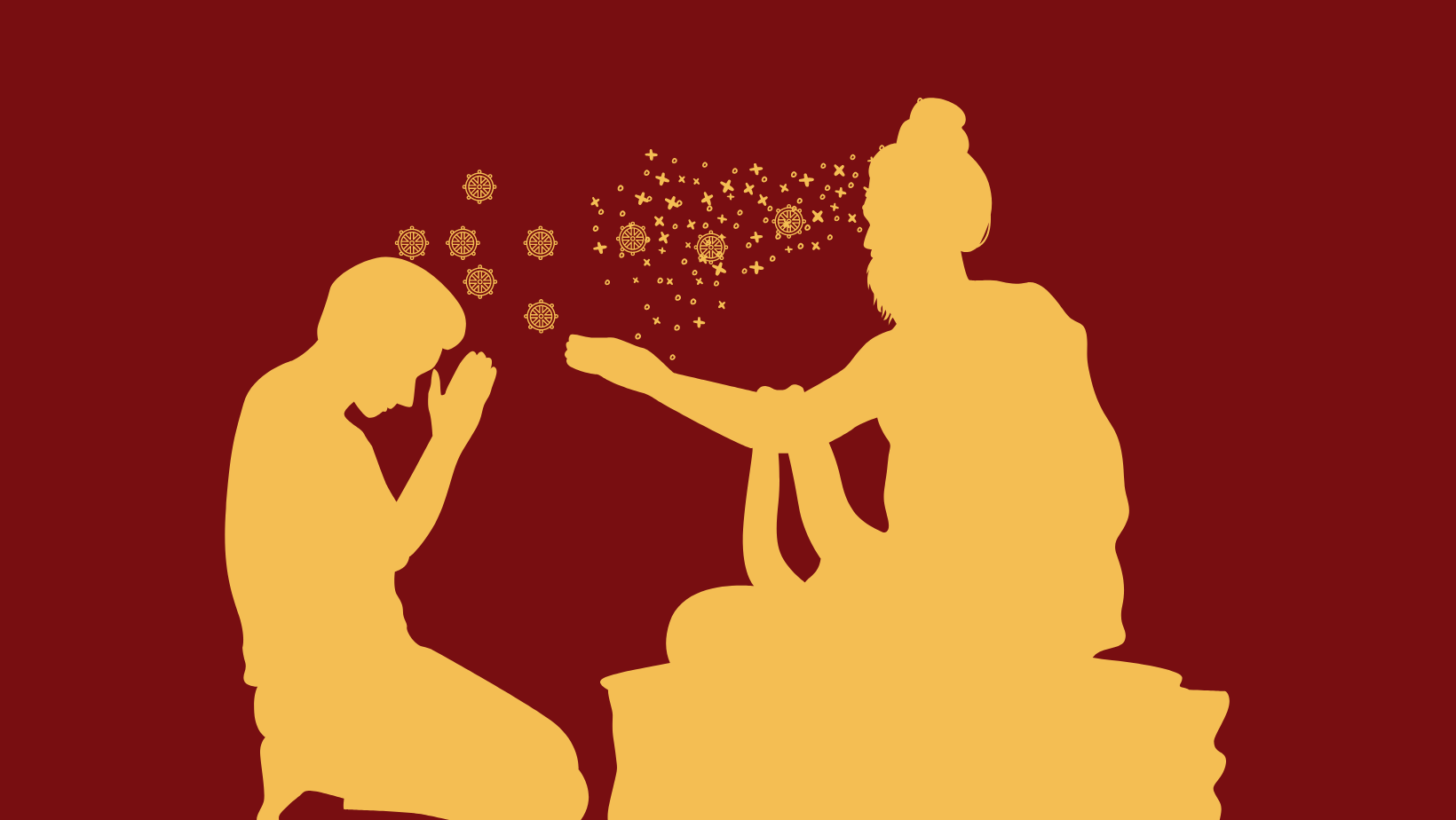
Seeking Blessings & Life Fixes
Many people come to Dharma to receive blessings for their child, house, car, marriage, and wealth. Whether out of blind faith or true faith, if you seek blessings, there is already some benefit to believing in Dharma. Faith is important, but so are your intentions and actions. The Buddha taught us that we must train and take responsibility for our karma. So it’s crucial to reflect if you are a consumer of Dharma blessings and searching for a god-like being to be responsible for one’s life. If you find yourself here, the next step is to study the Dharma to learn how to take responsibility for your own liberation and the karma you create.
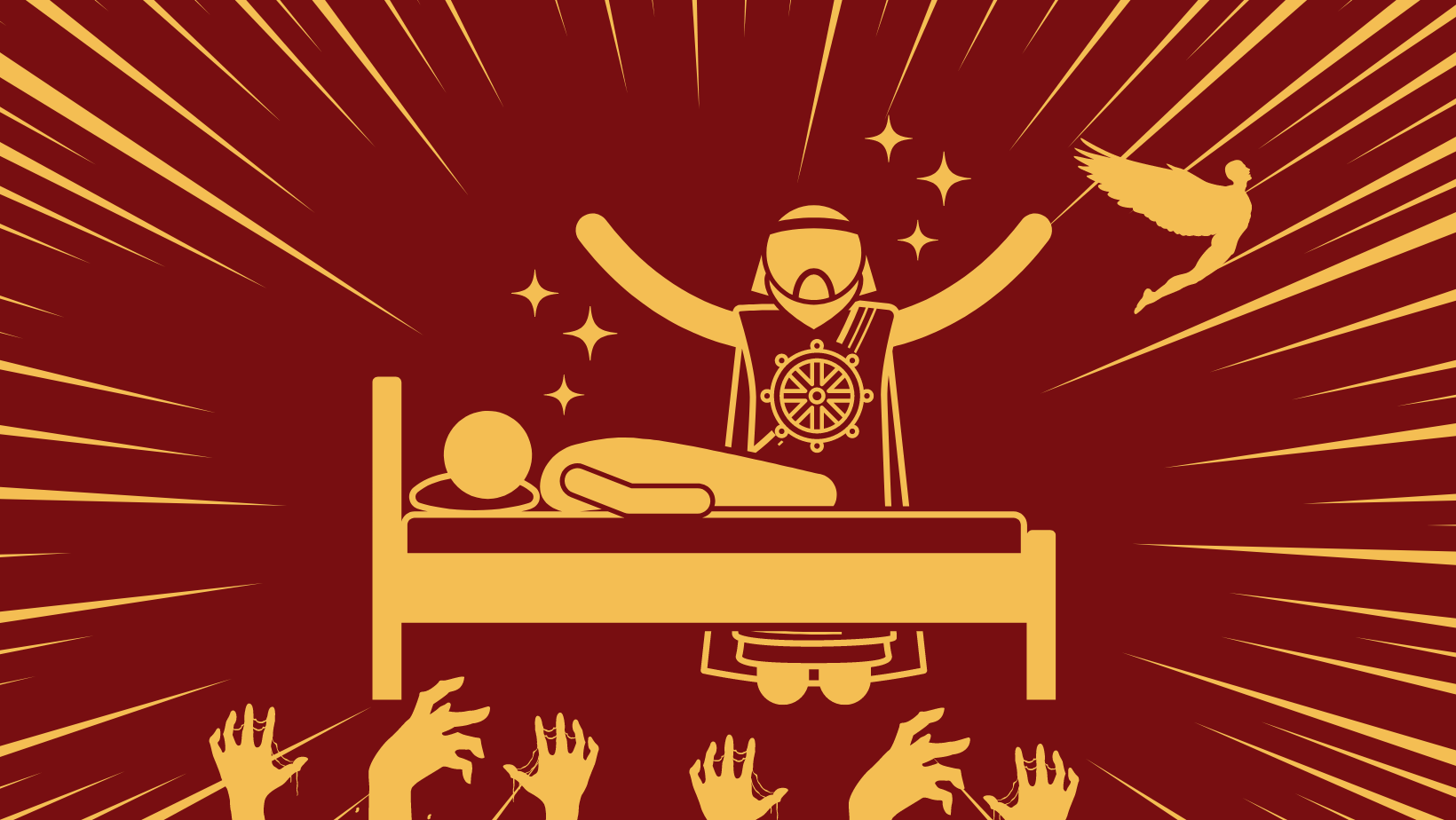
Desire Siddhis or Miracles
Are you practicing Dharma to achieve an unrealistic siddhi or miracle? You may have heard about yogic siddhis, such as flying, or ancient masters practicing necromancy. Or you are in a tough spot in your life and are hoping for a miracle to solve your current life problems. If this is so, it’s good to check if your aspirations match your dedication and your life priorities. If you focus on the ultimate siddhi, the other siddhis may come if needed. But if you concentrate on achieving worldly siddhis, you definitely will not realize liberation. So, it is up to you to decide what your goal is.
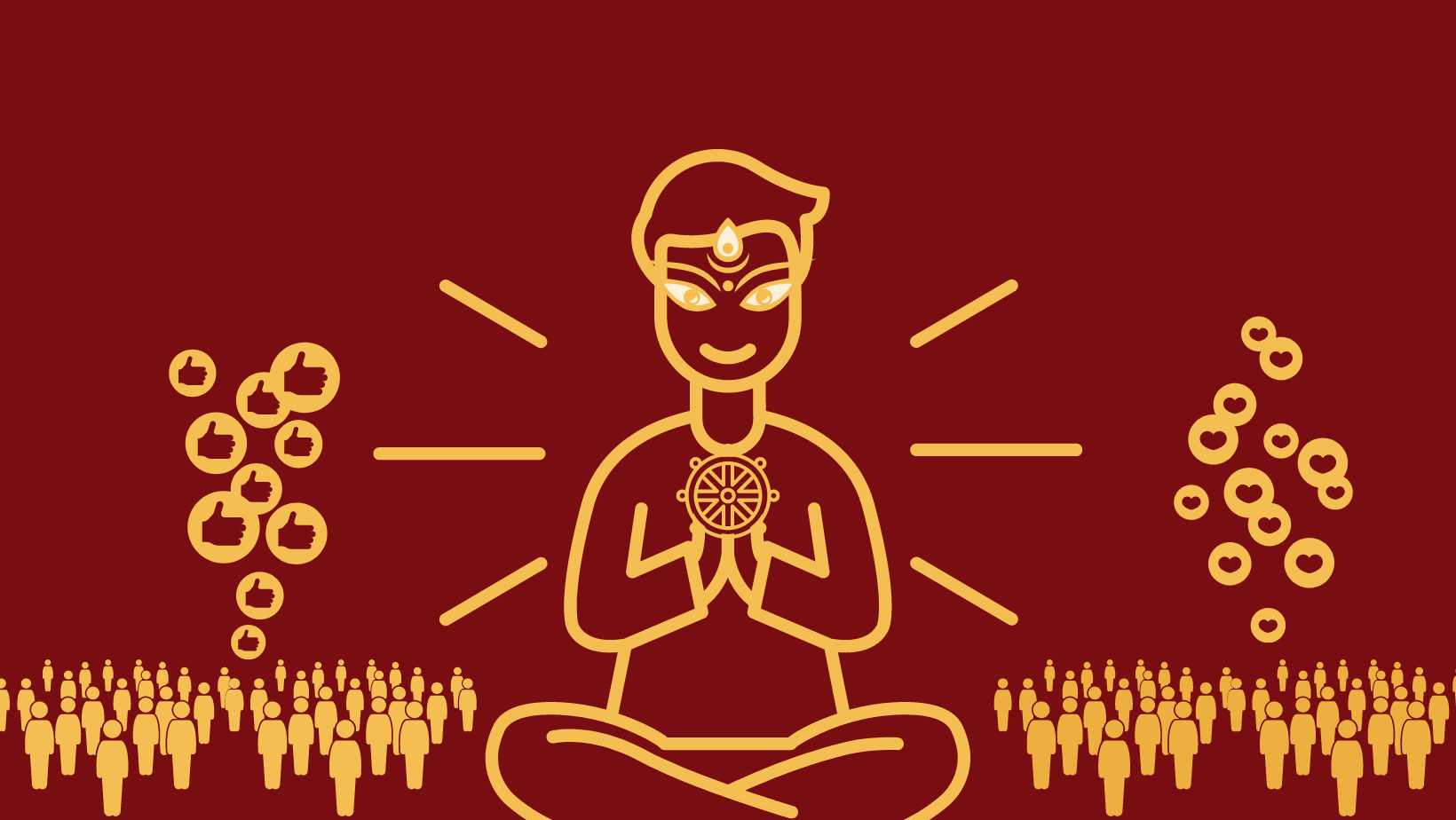
Be a Famous Spiritual Leader
You may aspire to help lead others away from suffering and genuinely care about that or not. You want to be recognized and worshipped for this. You may not even be fully aware of this because it could be at the obvious level you want to be a big spiritual teacher or a subtle level. Samsaric life may not have worked for you, so you think dropping out of the “real” world and being a spiritual teacher is a more leisurely life path. The main problem is you want to be superior to others. So, as your path needs more humility and true Bodhicitta, reaching high levels of the spiritual attainment you so wish to be known for will be hard.
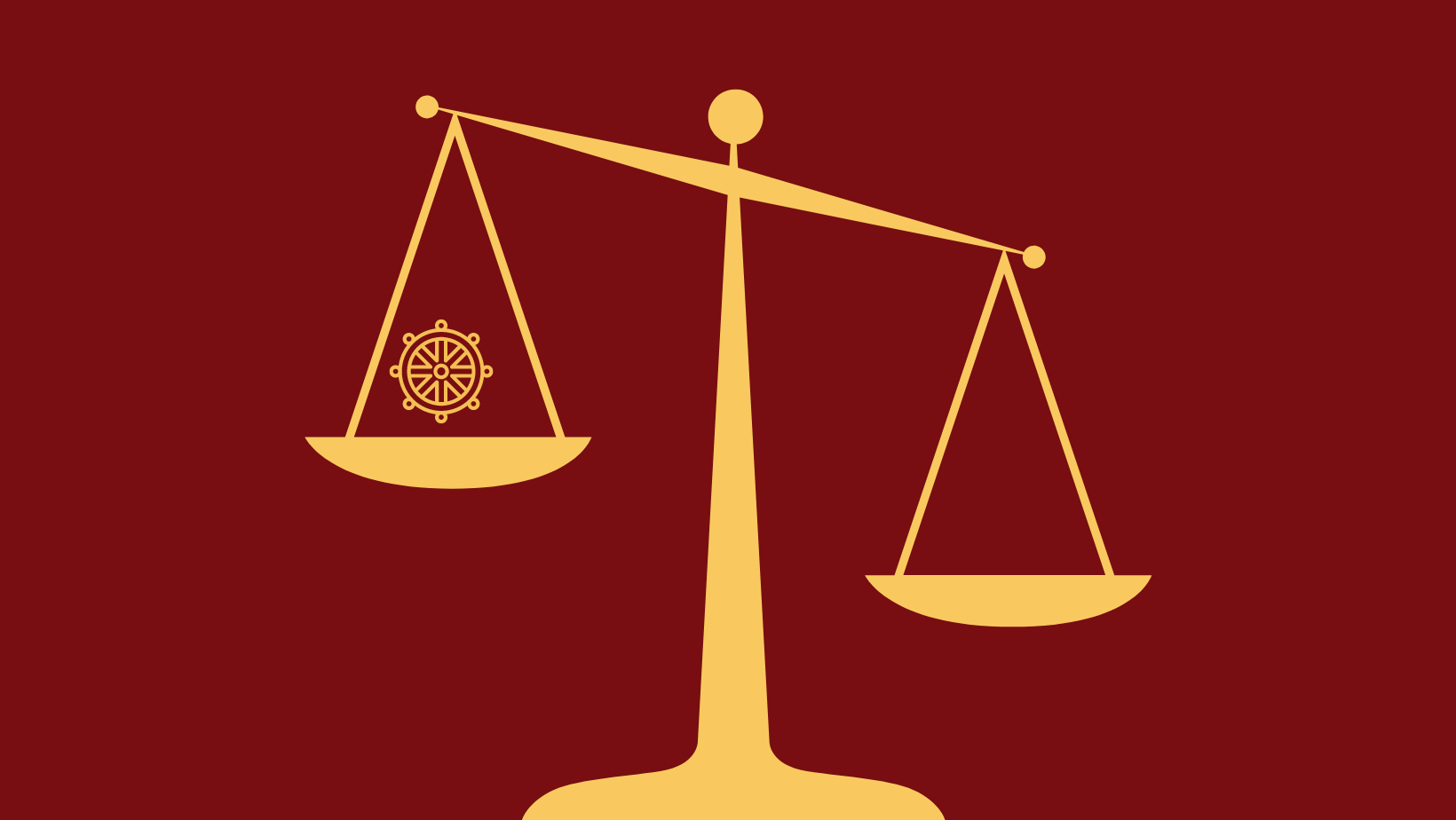
Antidote to Bad Karma
You may have learned about Karma and genuinely believe it. You may wish to eliminate bad karma to live a better life. You may even wish to lead a better next life so you focus on creating good karma. This is a great step on the path. Really taking responsibility for the causes and conditions of this and future lives is guaranteed to generate better results. The downside is this can be another form of selfishness. Your view is too narrow, and your vision is too short, so you very ambitiously want to eliminate your own bad conditions for yourself. So, if you practice like this, it’s hard to get rid of bad karma because your approach is not altruistic.
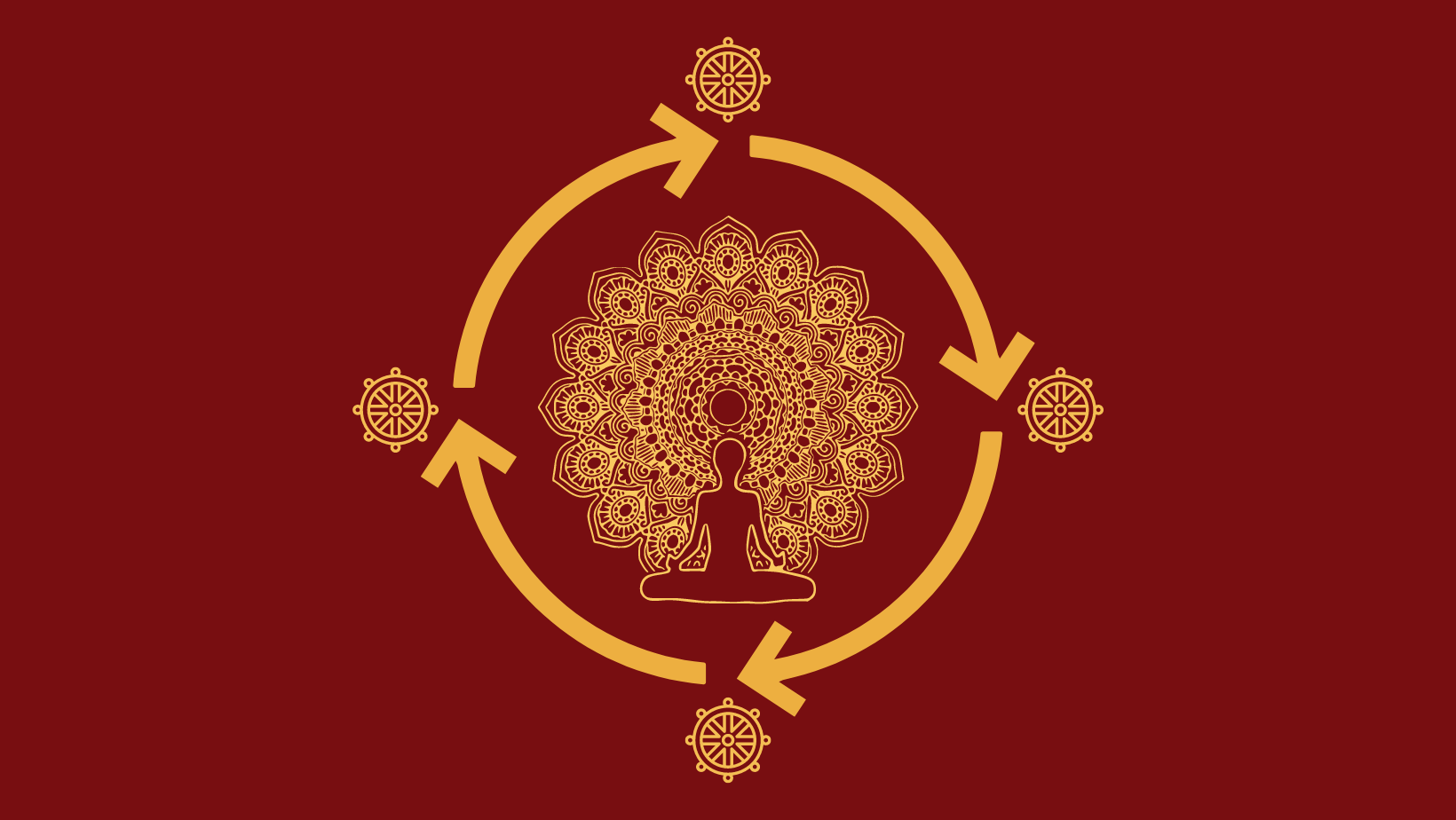
Personal Spiritual Growth
If you know how to grow yourself and are not seeking the blessings of others to solve your problems, then you may be on a genuine path of self-realization. If you are on the Theravadan path seeking personal self-liberation and are practicing in this way, then it’s aligned. You need to check to see if you are accidentally on this path, such as many disciplined and diligent meditators who believe they are on the Mahayana or Vajrayana path but lack Bodhichitta, gratitude, and/or Guru-Devotion.
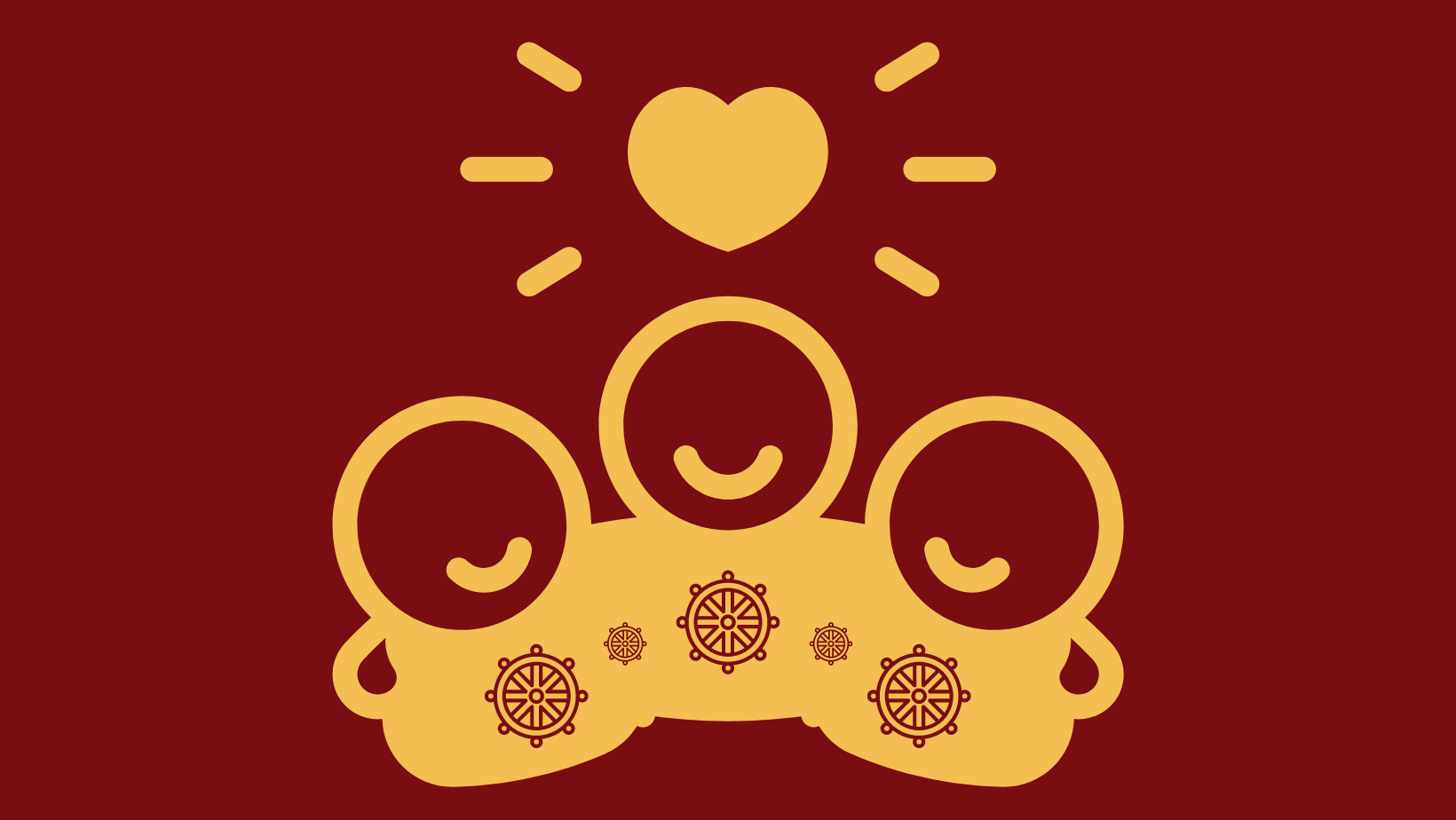
Bring Benefit to Others
For those truly on the Bodhisattva path, your Dharma practice focuses on helping others. You train one’s own mind and bring benefits to oneself and others. You know you can not achieve huge spiritual attainments without cultivating loving kindness and compassion for sentient beings. You value your sangha and spiritual community to go on this journey with you. You can help more beings work together. Your life focus is not on how high your income is but on what you do on your spiritual path to benefit others.
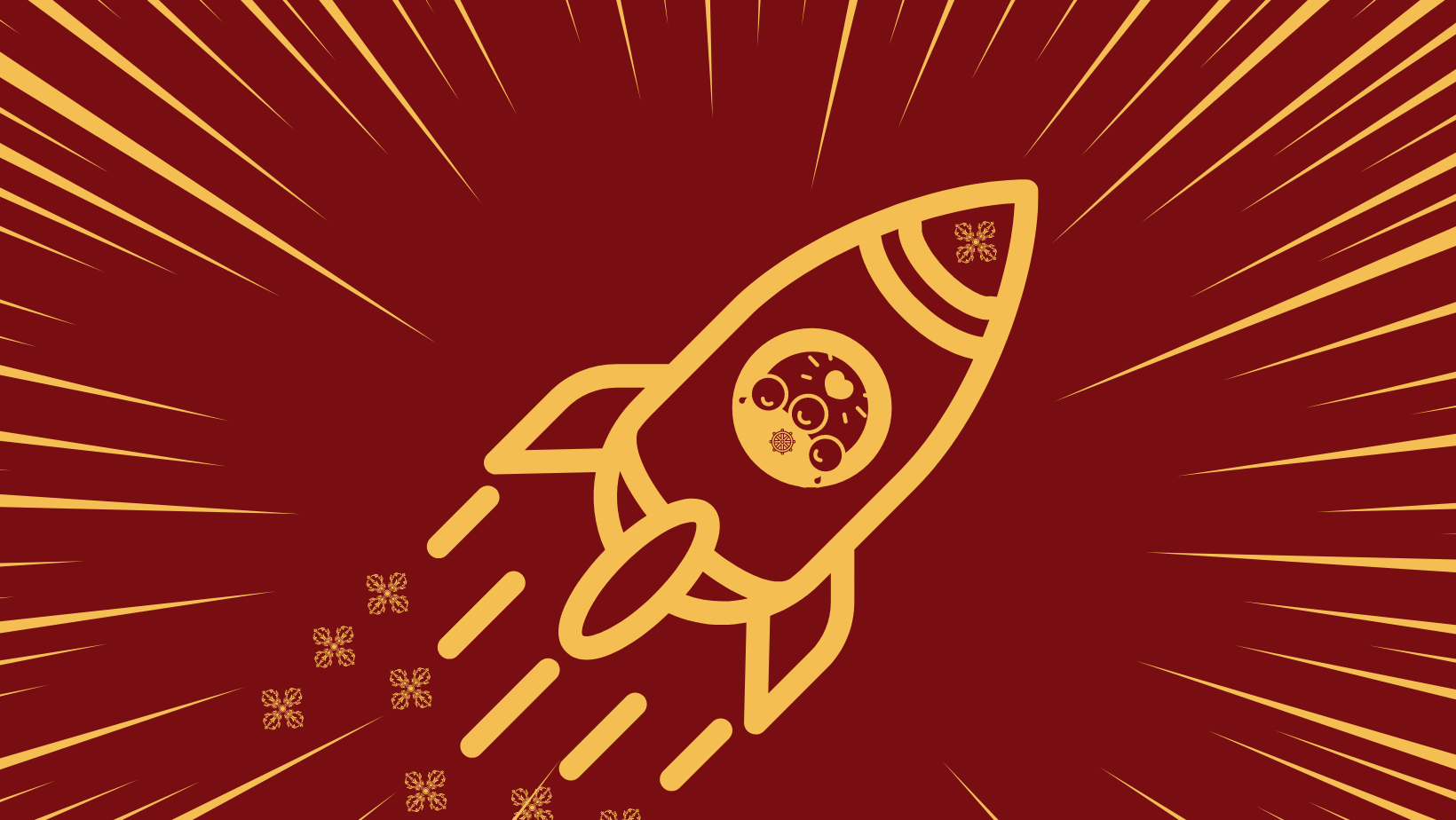
Fast-Track to Englightenment
If you can take your life’s obstacles and turn them into opportunities as part of your path, then you are on the Fast-track Dharma that takes challenges as a mind-training. At this stage, you are focused on a better rebirth or liberation. You can work through many obstacles to benefit others because you have clarity on your big vision. This determination gives you the resolve to deal with hardships that help you overcome your limitations and reach your limitless nature.
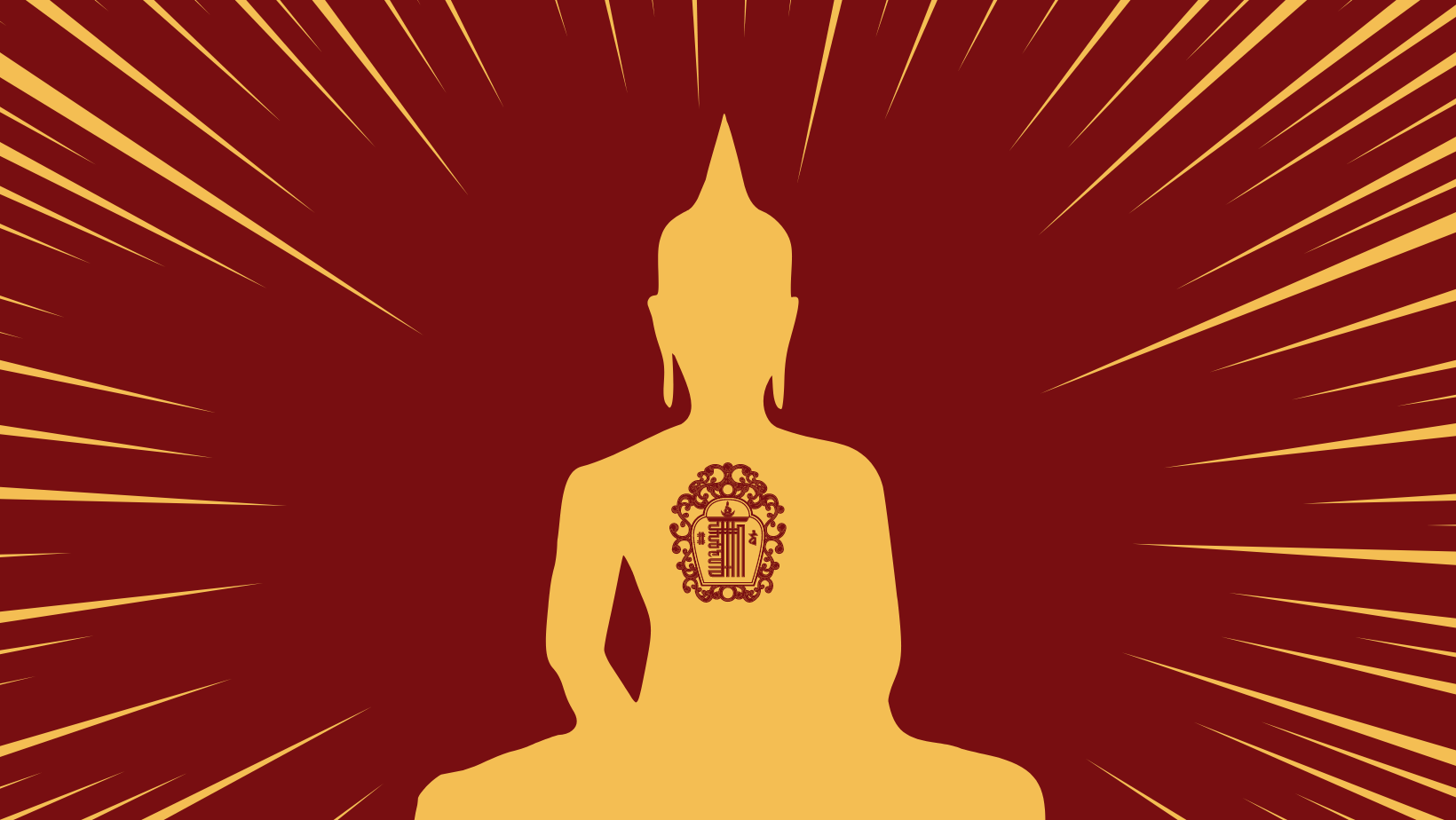
Focused on Buddha-Nature
Dharma is focused on Buddha’s nature, recognizing everything else is merely a temporary reality. People seek the proper view and real tantra path. If your practice mainly relies on the ultimate truth, then any door or key for that is your primary focus, such as guru devotion and pure perceptions. You will see all challenges as a blessing and grow the fastest.
While not a romantic approach to the Dharma, this practical approach will help you practice with clarity and progress effectively on the path.
What does it mean to make Dharma your life Priority?
Let’s consider your samsaric relationships, your samsaric career, job or business and your Dharma path. If you had to sacrifice one, which would it be? This simple question can help you gauge your current commitment to your Dharma path, a journey of profound significance, and the level at which you are practicing.

You can practice any level from the list above, whichever you like; it is your choice. There is no objection regardless of the degree of depth of Dharma you are practicing. There will definitely be a positive result. Therefore, there is nothing wrong with this at all. However, it is so important to have awareness of what you are doing that it is realistic, leading you to confidence, and the result matches your expectations. You will have no regrets, even if you die today or tomorrow. If you can do this, then you are a Dharma practitioner. Even better still, whether you aim for better human rebirth or pure land, you have enough confidence in your choices that you are looking forward to the next stage of life with no regret.
That’s the only reason we need to know to what degree we prioritize Dharma and whether we are doing right or wrong. Right or wrong means you know that your priorities match or don’t match what you aim for – that’s all. If I can give a small example, when someone says, “My Dharma path is the most important, but I cannot afford to pay to go on retreat,” or, “I have no time; I have to do this business or family or something and something.” At that moment, think about how much money you are spending on survival and living costs or your other activities – maybe your time and money are ten times more than the cost of Dharma or Dharma practices. If that’s the case, your Dharma path may be only number ten on your priority list or at the bottom. That’s okay if you consciously choose this because then you do not have a big expectation for achievement, and your Dharma is a tiny surface purpose that can be fulfilled.
All you have to do is decide which level of the list above you are doing. Keep checking the list to test whether you know what you are doing. Ask yourself: “What is preferable? What should I be doing?” If you want to look very deeply, then think about this! All worldly aims have zero guarantees of a good result, or even if it has a little good result, you cannot expect more if you are fortunate. However, these results are also only for this life and have nothing to do with death and future lifetimes. So, if we focus like that, we ignore our future and fail to prioritize well. If you don’t believe in rebirth, at least you can acknowledge that your choices and priorities now will affect your future – this is one example of karma. If you believe in karma and many lifetimes, then this life is tiny – not even one atom or small particle of the universe. The whole universe is in our hands if we prioritize it well, but we waste it if we prioritize wrongly, that’s all. Not a big deal, right? Ha! Ha! Ha!
If you consider yourself a genuine Dharma practitioner, pure Dharma will liberate all beings forever. That is the only reason we choose pure Dharma and even high path Dharma, the highest path of Dharma. Therefore, if we do not prioritize Dharma as number one, how can it work at that highest level? Impossible! It’s a totally delusional mistake. Therefore, to consider yourself a genuine Dharma practitioner, you must be wholly aware and mindful of the right prioritizing! No other right option for you. We must consider this reflection’s importance and maximize its opportunity!
Live the Dharma
Once you have figured out where the Dharma fits into your life, you can practice in the way that makes the most sense for where you are at.
